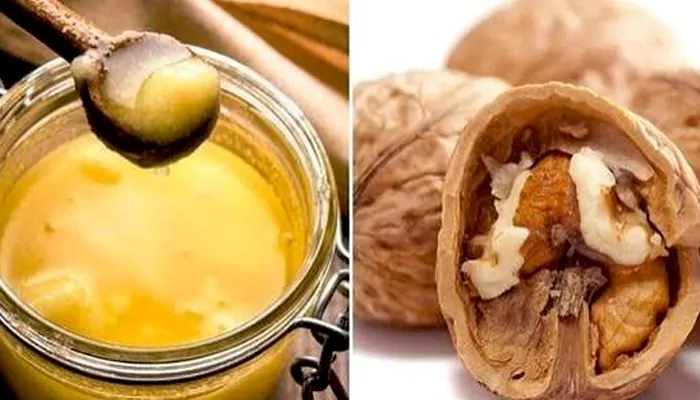How Much Healthy Fat Is Required During Seasonal Changes? A Complete Guide
- Admin
- 1 year ago
- 3 minutes read

Consuming the right amount of healthy fats can transform yourself and prevent multiple chronic illnesses.
What comes in your mind when you hear the term ‘fat’? Of course, fat has a bad reputation as it promotes obesity, diabetes, cardiovascular diseases and so on. This leads to cutting off fat completely. However, it is also not effective. Lack of fat leads to abnormal functioning of the body too. Consumption of healthy fats is important for brain activity, heart, skin and hair health, bone development and overall metabolism. In this article, we will discuss about healthy fat, its importance, and amount required every day.
Healthy vs unhealthy fat:
Since ancient times, people used to consume a lot of fat as it was an instant source of energy. A lot of research has led to an understanding about good and bad fats. Monounsaturated and polyunsaturated fats are regarded as good fat and industrial-made trans are called unhealthy or bad fats. Broadly, healthy fats remain liquid at room temperature.
Let's focus on some examples. Good sources of monounsaturated fats are olive oil, canola oil, peanut oil, avocados, and most nuts. Dark chocolate is another example of healthy monounsaturated fats but should be eaten in moderation due to high sugar content. Talking about saturated fat, it includes whole milk, dairy products like cheese, red meat, and coconut oil. Good sources of polyunsaturated fatty acids are salmon, sardines, mackerel, walnuts, flaxseeds, and un-hydrogenated soybean oil.
Amazing benefits of healthy fats:
Healthy fats improve your cognitive power. It enhances memory and stabilizes mood. Thus, students are encouraged to eat almonds every morning. Surprisingly, healthy fat reduces the amount of bad cholesterol from the body. Sufficient healthy fats can provide you energy, and ensure proper absorption of essential fat soluble vitamins A, D, E, and K. If you are looking for radiant glow, in your skin, healthy fats can make this possible also. Moreover, a hormonal balance is maintained of you consume healthy fats daily.
The big question, how much?
While incorporating fats in the diet, people must be extremely careful about the ratio of healthy or unhealthy fats.
According to the latest permissible limit, total fat consumption should be 20-35% of daily calories. And, saturated fat content should not go beyond 10% of daily calories.
Here we are sharing oer day basis consumption rate of healthy fats.
Plant-based, nuts and seeds:
Almonds: 14 grams
Walnuts: 18 grams
Chia seeds: 9 grams
Flaxseeds: 12 grams
Avocado: 4 grams

From oils (per tablespoon):
Olive oil/Coconut oil/Avocado oil/Canola oil/Sunflower oil/Saffola oil: 14 grams
Seafood and meat:
If you are planning to get the healthy fat from seafood, which should not go beyond 15-20 grams, you can consume cooked Salmon, Mackerel, Trout, Tuna, Sardines, and Herring.
Talking about meat, per day consumption should be within 30-40 grams, which may include properly cooked chicken, turkey, or duck.
Some common junk foods like Samosa, Kachori, Pakora, Pizza, Burger should be avoided to prevent adding inches to your waist.
The more you learn about fats, the more equipped you will become to make own healthy choices. It's better to choose unsaturated and saturated fats from a variety of plant-based products. These guidelines will surely help to prevent diseases caused by excess consumption of unhealthy fats.













